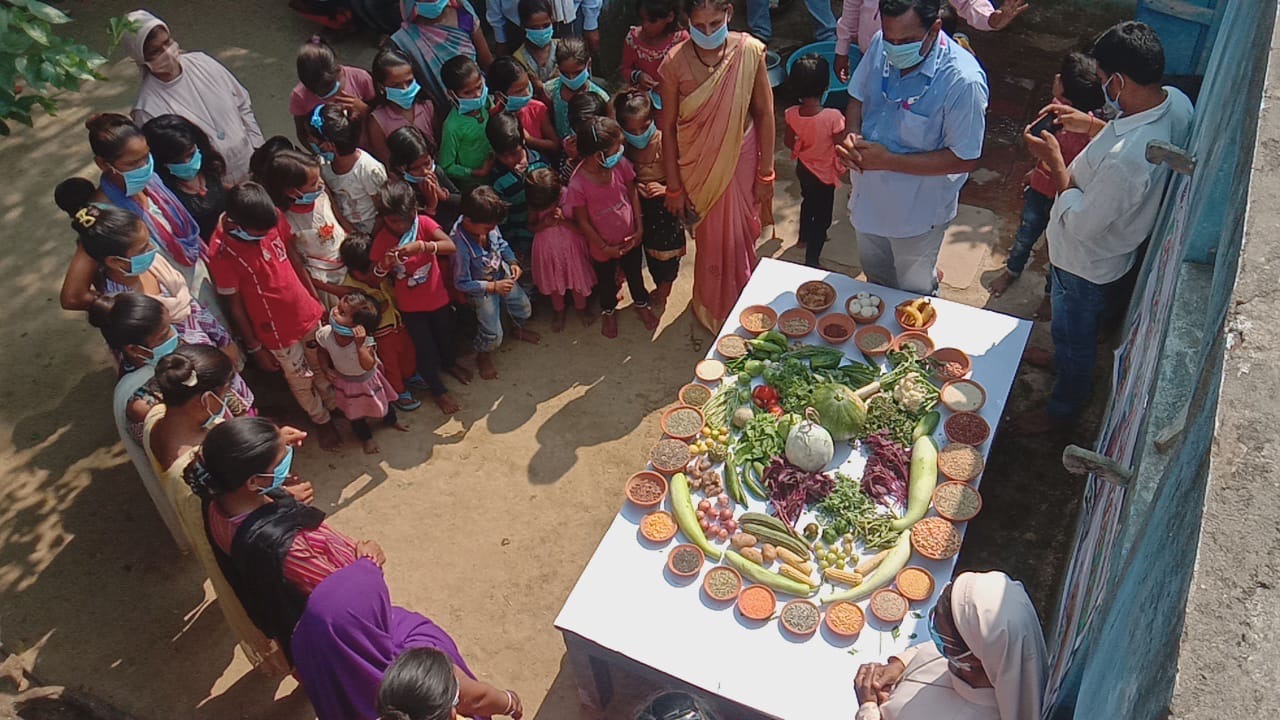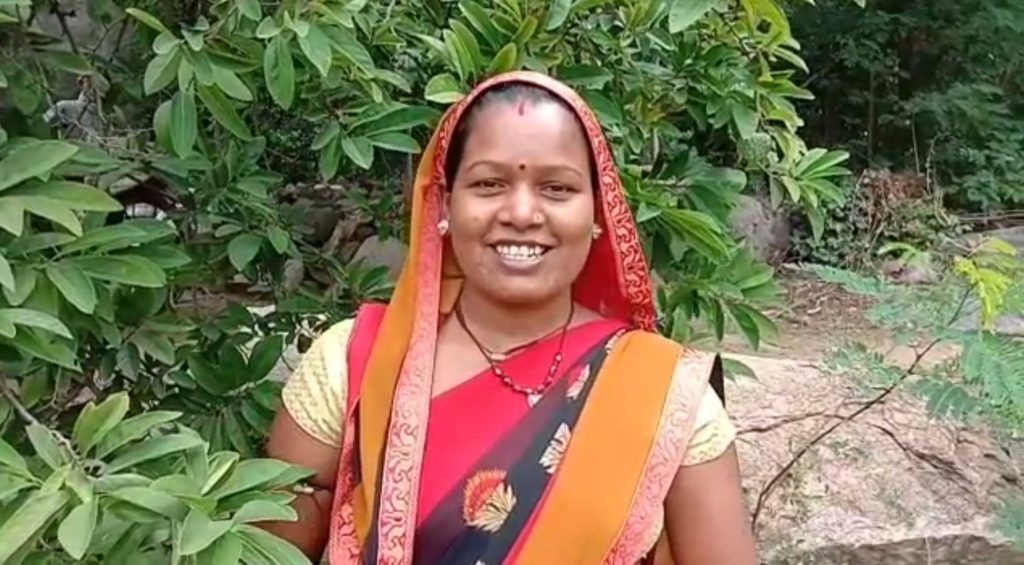
“I had no idea about nutrition though we have a small homestead garden. Considering our daily routine, we never gave our focus on these aspects. We are considerably dependent on the external market, right from seed to all farm inputs but SAFBIN made us realised about the importance of the food we eat,” says Aylin Lakra, a smallholder farmer from Tikiriya, Mandla district.
World Food Day is not only about celebrating the amazing food that we indulge in, but it is about raising awareness for people who do not have such privilege. There are people across the world who are suffering from hunger. Starvation is a massive challenge in several countries and we need to do more to raise awareness and combat this problem. It seems illogical that we live in a world whereby a small portion of the population can indulge in any sort of food they wish without a second, whereas the large portion struggle to put food on their table.
This year, World food day was celebrated for the awareness of marking how food & agriculture is essential during this global pandemic 2020. Globally, it is observed on 16th October 2020 every year on the foundation of the Food & Agriculture Organization (FAO) of the united nation. The year 2020 has been more hazardous due to COVID-19 crisis. The food insecurity increased by 3.8 percentage in India between 2014 to 2019. The theme for 2020 is to showcase solidarity to achieve food security for all. ‘Our actions are our future’ has a positive dynamic to address the crisis of food insecurity.
The smallholder farmers of Mandla, Sagar & Vidisha districts of Madhya Pradesh celebrated world food day on 16th October 2020. Caritas India together with MVSS & JDSSS reached out to around 500 small farm families. The program was facilitated by community level para health workers, ASHA workers, Anganwadi workers, volunteers and was attended by pregnant and lactating women (PLW), mothers of 0-5yrs children, adolescent girl, youth and smallholder farm families.
Smallholder Adaptive Farming and Biodiversity Network (SAFBIN) program organised an event in line with the objective of FAO to observed World Food Day (WFD) to address the issue of food insecurity at all level. To support those small farm families, a major focus was given on the awareness of the local food system, homestead model, promotion of integrated farming system, dietary diversity and importance of food and nutrition.
In the community, consuming a balanced diet depends upon several factors such as access to enough and quality food security, their culture and tradition and the decision making at the family level. In contrast to this, SAFBIN took the opportunity to introduce “My Balanced Diet” consist of 55 different locally available food items from respective locality during the event not only to make small farm families aware on the available food items but also it’s nutritive values for them and PLW and children in particular.
A rapid quiz contest was organized for the adolescent and youth to spread awareness on vitamin, minerals and vegetable & fruits rich in iron. The rapid-fire round was very helpful to the group to identify the food categorically. The importance of the balanced diet was explained by the SAFBIN team giving more importance to the fruits and vegetables as these are a good source of vitamins and minerals including the safe drinking water.

“I used to cultivate only 4-5 varieties of vegetables in a year and we had no idea to upscale it. In the year 2018-19, when I associated with SAFBIN through smallholder farmers collective, I learned about the importance of local food and nutrition, how it is impacting our children’s health. It was that day and today, I have almost 11-12 varieties in my homestead in a year. In the last year, we sold the surplus vegetables in our local market twice a week after our consumption”. says Manisha, smallholder of Saasan, Sagar district.
Thus, with a little help imparted by the district team SAFBIN together with local stakeholders the community came to know about the balanced diet. The programme also helped to introduce dietary diversity of smallholder farmers. At last, around 123 women participants committed to adding fruits and leafy vegetables in their daily meal.
Smallholder Adaptive Farming and Biodiversity Network (SAFBIN) is a program co-funded by Caritas Switzerland and Caritas Austria aim to ensure local food and nutritional security among smallholder farmers in India focusing on SDG-2.